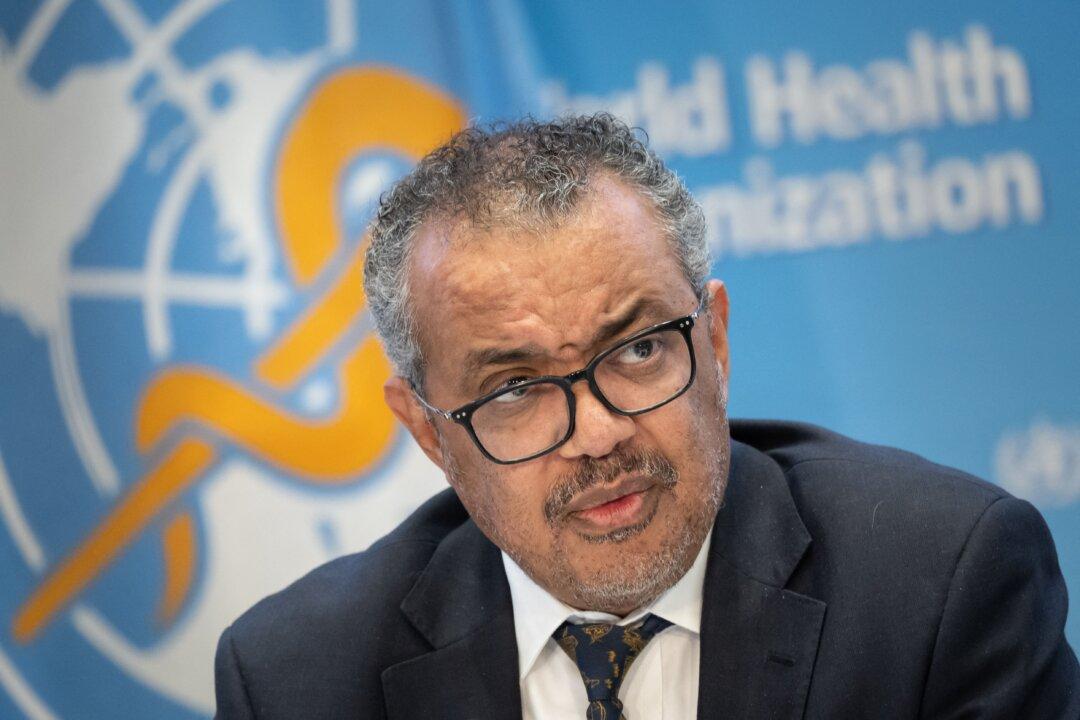The World Health Organization (WHO) concluded a meeting on March 3 to advance negotiations on the global governance of pandemic responses. While the event flew under the radar in Canada, Republican politicians in the United States have taken a position against the treaty, expressing concern about its implications on their country’s sovereignty in policy-making.
The WHO published the “Zero Draft” on Feb. 1 as the basis of the negotiations to create a future international instrument to manage pandemics.





